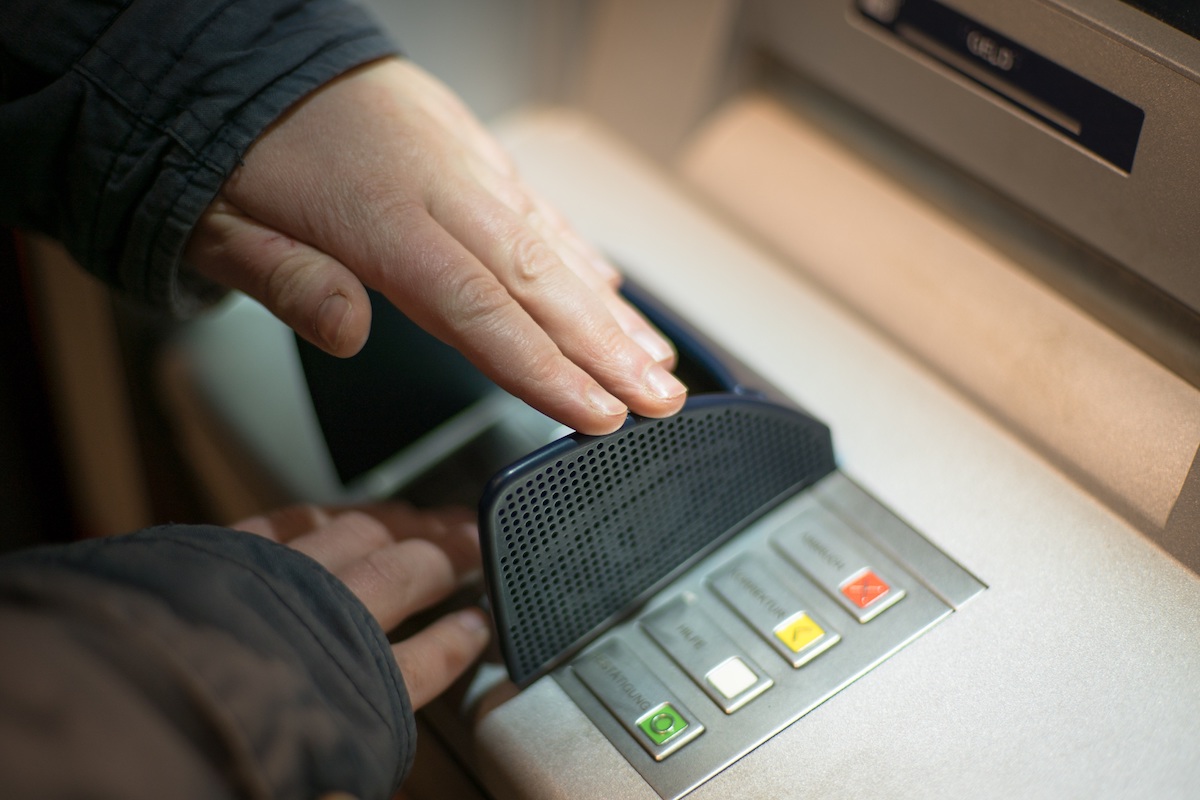If you’ve ever had to make cold calls at your job or work term, you know how difficult the job has become due to a recent increase in scam calls. This is exactly what happened to me this past summer during my Co-op work term when I was calling people to talk about COVID-19.
Most people were suspicious of me and thought I had ulterior motives. But can you blame them? According to the Canadian Anti-Fraud Centre, there were over 45,000 reports of scam calls in 2019, and innocent people lost $102.5 million to fraud. And even if you're extremely vigilant, sometimes scammers can get you to share valuable information with them. To help you identify and safehold against these scams, here are the most common ones and what you can do about them.
Service Canada/CRA
We've all gotten creepy robo-calls from someone claiming to work from a government agency letting us know that a lawsuit has been made against our social insurance numbers. They even try to scare you by saying it's the last time they're going to try to call you before an arrest warrant is issued.
Here's the thing: It’s extremely unlikely a government agency would use a robotic voice and leave such important information in a voicemail. They would also never use an aggressive tone or solicit your personal information.
Many of these scams demand some sort of payment through e-transfer, bitcoin, or gift cards. This is red flag, as government departments DO NOT accept these forms of payment. And if they’re asking for your information so they can send you money, don’t believe it. A government department would already have this information and would either use direct deposit or mailed cheque.
If you get one of these calls, the best thing to do is hang up (or ignore the voicemail), as they can be deceptive. If it was actually from a government agency, they’ll leave (a legit) voicemail. But if you want to confirm the legitimacy, take their name if possible, hang up, and call the appropriate call centre. They’ll be able to confirm if the caller is a real employee, which department they work for, and if there are any issues on your file.
You can reach the Canada Revenue Agency at 1-800-959-8281 and Service Canada at 1-800-206-7218.
Uber texts
This scam is also very common. For me, it's a supposed text from Uber, although it’s also popular with other companies, with a registration code and a link for more info. As you can probably guess, the link isn’t actually for more info, but instead leads you to a scam website.
Another variation of the scam tells you to text “STOP” to unsubscribe to the notifications, although all that happens is you get a large charge to your phone bill. If you’ve already fallen for this scam, talk to your phone company and see what help they can offer you. With the recent uptick of scam cases, they’re usually aware of them and try to minimize the damage caused.
Phishing emails
Another popular scam is the phishing email. They’re basically emails that look like they’re from real companies, but usually have small spelling errors in the email address and are sent by scammers. Sometimes you’ll even get them from websites for which you don't even have an account. Scammers hope that the email will be intriguing enough to get you to click the link in the body and take you to a scam website and possibly infect your computer or phone with malware.
There’s a couple of things you can do to prevent falling prey to them. You can start by blocking the email address, but sometimes they'll keep coming into your inbox using different email addresses (an example could be dalhousieIT@something.co.uk).
If the email is claiming there’s a problem with your account, it’s a good idea to find the organization’s website and call their customer service number or use their live chat service to see if the email was actually from them. Since you're getting that number from their actual website you can trust that it's the real company.
Fake e-transfers
This isn't one that I've experienced personally, but I've heard from friends that it's actually a very common scam. Basically, you'll receive a text or email informing you that someone has sent you a large e-transfer and to click the link to receive the money. Once you click the link, it will take you to a fake website that will ask you to input your banking information in order to receive the money. But this is just a ploy to allow scammers to get your banking information.
Although tempting, never accept e-transfers if you're not expecting one, or if you don't know the person sending it. If it says it’s from someone you know, it wouldn't hurt to ask if it's real, just in case their accounts were compromised.
So, the three main rules to follow are:
- Never give out financial or personal information over the phone or online if you’re not 100% sure the person you’re dealing with is legitimate.
- Never click links in emails you’re not 100% sure are legitimate—especially the ones that are asking you to update financial or personal information. (FYI, a legitimate email from Dal will never ask you to click a link to update that type of information.)
- If it seems fishy, it most likely is. Hang up or close the email and try to get verification from the organization that the call or email is pretending to be.
As we continue to rely on technology for a lot of our daily tasks, scammers will continue to develop new scams. The Canadian Anti-Fraud Centre has a directory of scams to help you stay vigilant. If you find yourself a victim of fraud, check out the Centre’s website to learn what you can do and how to report it.
